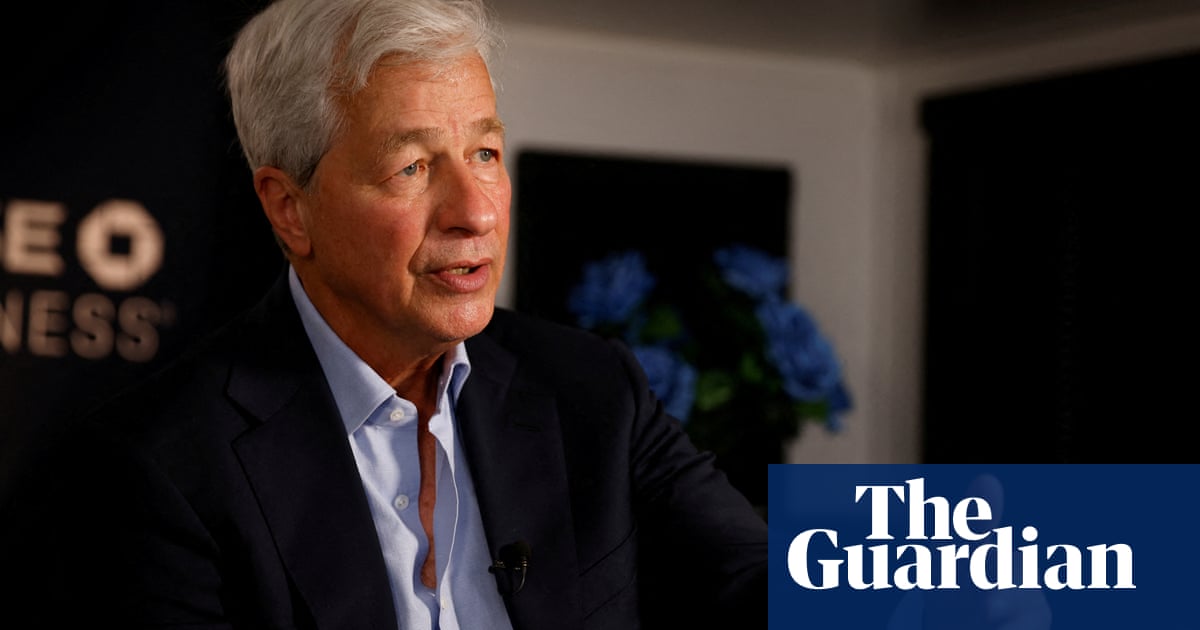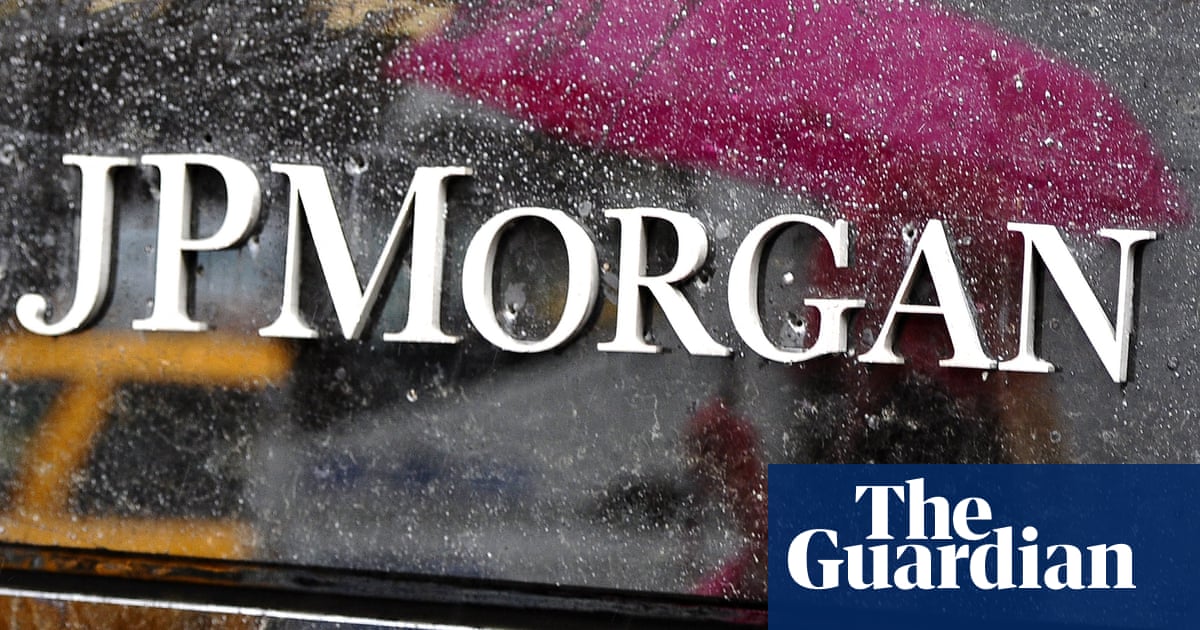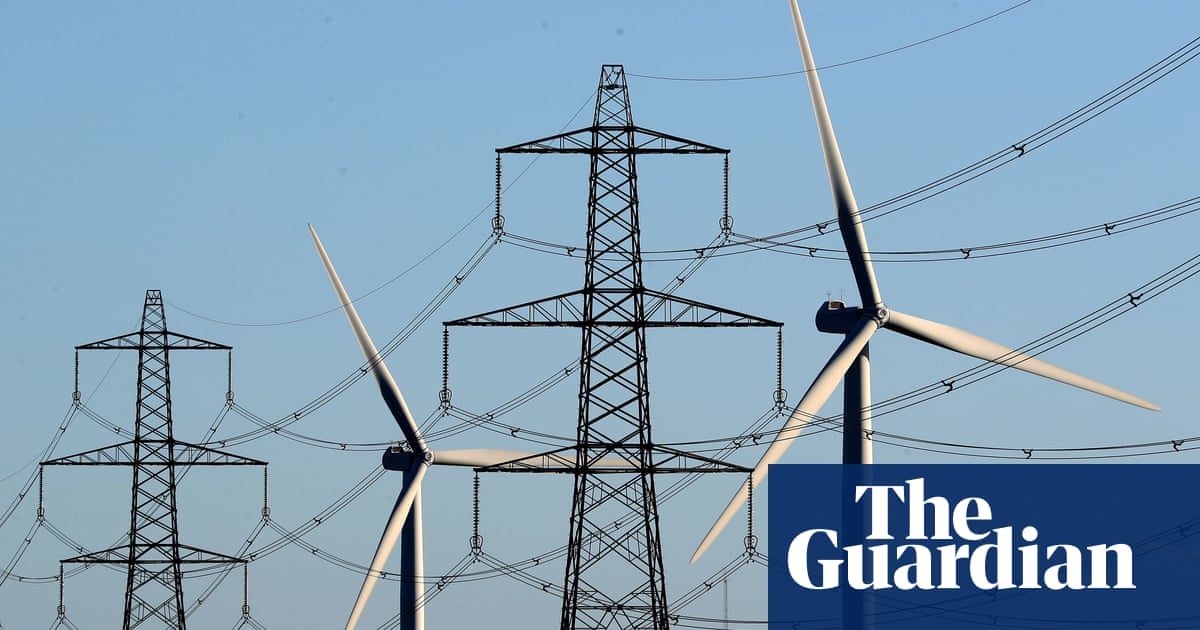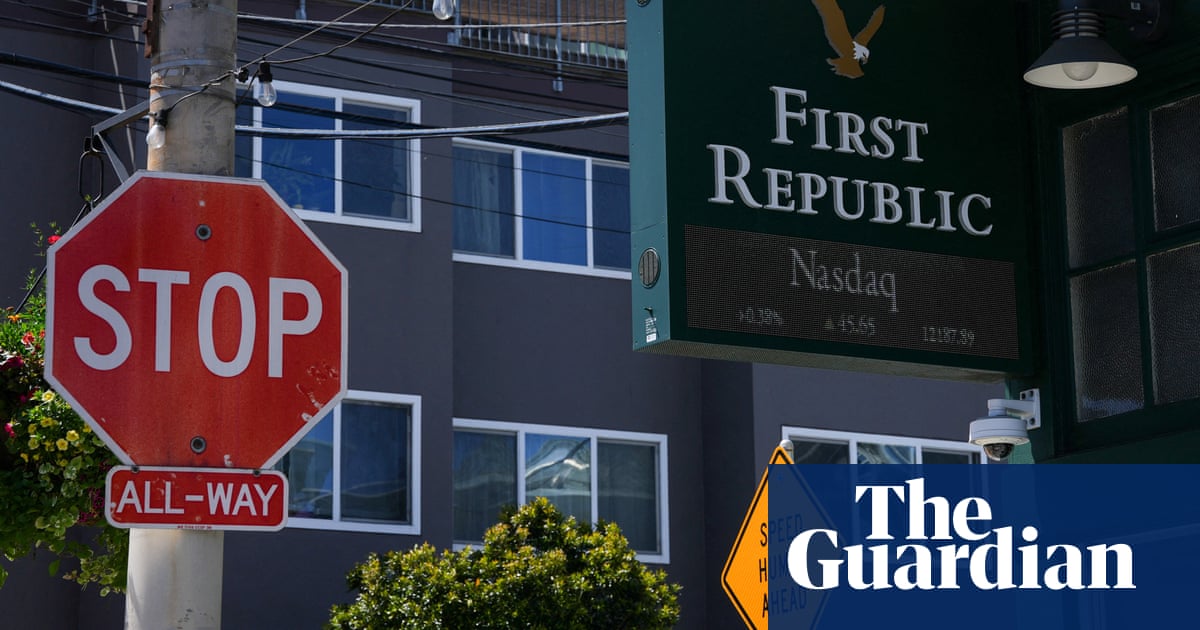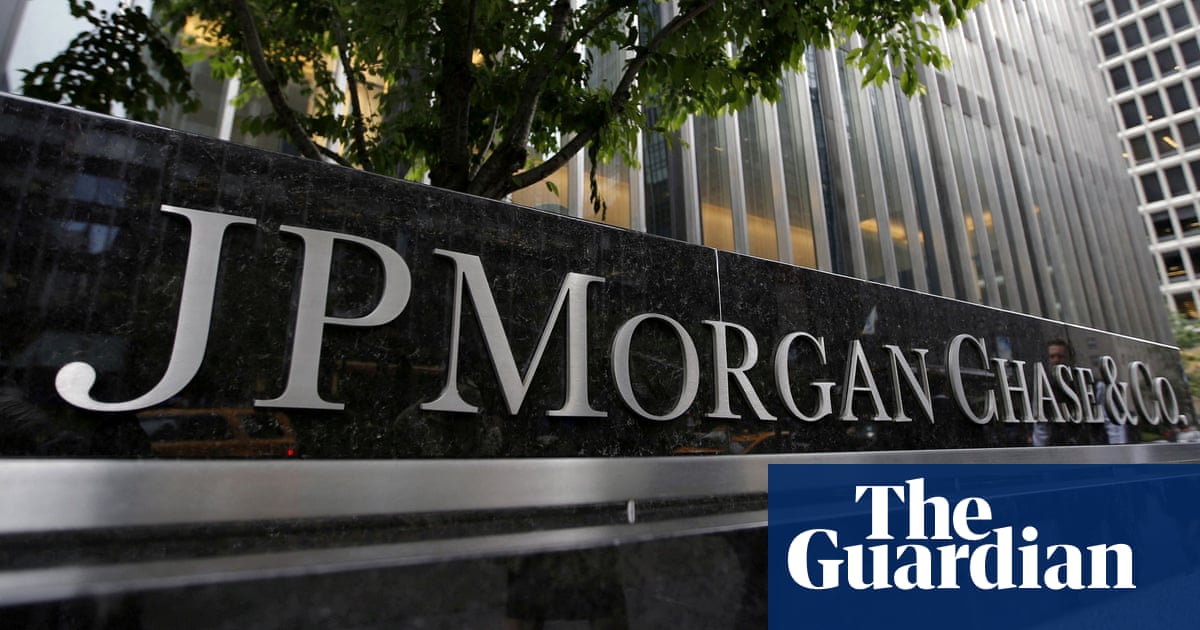
The boss of JP Morgan, Jamie Dimon, has said “storm clouds” threatening the banking sector had grown as a result of last month’s short-lived crisis but assured that the lender was prepared for further turmoil after first-quarter profits rose by 52%.
Wall Street’s largest bank reported the jump in net income – a measure of profits – to $12.6bn (£10bn) over the first three months of the year, up from $8.3bn over the same period in 2022.
That was despite a 56% rise in the money put aside for potential defaults by its customers to $2.3bn.
The bank’s profits benefited from the same rise in US and global interest rates that contributed to last month’s short-lived banking crisis, which started with the surprise collapse of Silicon Valley Bank and later led to the emergency rescue of Switzerland’s second largest lender, Credit Suisse.
The steady rise in interest rates pushed JP Morgan’s net interest income – which accounts for the difference in the amount paid out to savers compared with the amount charged for loans and mortgages – up 49%, and led to record revenues of $38.3bn in the first quarter.
The news boosted JP Morgan’s shares by 7.6% on Friday afternoon, and pushed the S&P 500 Bank index to a one-month high. It also buoyed shares in the UK, lifting Barclays and HSBC shares by 3%, NatWest by 1.3%, and Lloyds by 1%.
Dimon said the first-quarter results were proof that years of investment and careful management of its risks had paid off, allowing the lender to “act as a pillar of strength in the banking system and stand by our clients during a period of heightened volatility and uncertainty”.
But while the US economy appeared to be on “generally healthy footings”, the JP Morgan chief executive said: “The storm clouds that we have been monitoring for the past year remain on the horizon, and the banking industry turmoil adds to these risks.”
Dimon told analysts the situation was different from the global financial crisis of 2008 “as it has involved far fewer financial players and fewer issues that need to be resolved”. However, Dimon added: “Financial conditions will likely tighten as lenders become more conservative, and we do not know if this will slow consumer spending.”
But the chief executive explained that tightening would probably be limited to sectors such as real estate, and claims of a credit crunch were too dramatic. “I just look at that as a kind of thumb on the scale that just makes base conditions a little bit tighter, or increases the odds of a recession. That’s what it is – it’s not like a credit crunch.”
And while “there may be additional … bank failures”, Dimon said regional US banks – which have suffered some of the most volatile stock market swings over the past six weeks amid fears for their financial health – “can take actions to remediate some of the issues they may have going forward” including reducing risks linked to high interest rates.
He said JP Morgan was keeping a close eye on how its business may also be affected by longer-term inflation, geopolitical tensions linked to relations with China and the invasion of Ukraine, as well as quantitative tightening, under which central banks are gradually selling off the bonds they bought to support the economy between the 2008 crisis and the Covid-19 pandemic.
But Dimon tried to assure that JP Morgan was on a solid footing, despite the mounting risks. “While we hope these clouds will dissipate, the firm is prepared for a broad range of outcomes,” he said.
Rival US banks Citigroup and Wells Fargo also reported earnings on Friday, showing they benefited from higher interest rates. Citigroup said net interest income rose 23%, but an increase in the amount of money put aside for bad loans, and a drop-off in investment banking activity, meant profits rose just 7% to $4.6bn in the first quarter.
Wells Fargo’s profits rose 30% to nearly $5bn in the first three months of the year, despite putting aside $643m for potential defaults, the bulk of which was related to a potential property downturn, and losses on credit cards and car loans.




